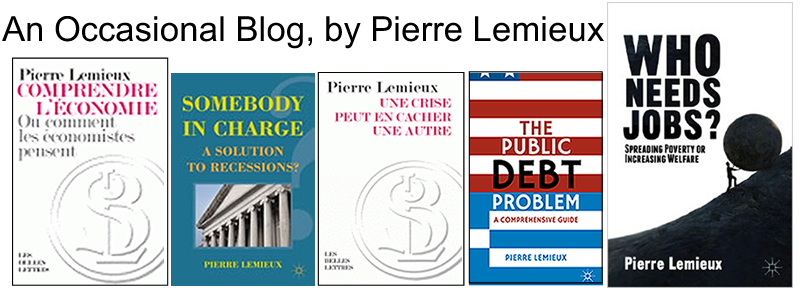As explained by James Mill in his Elements of Political Economy (2nd Edition, London: Baldwin, Cradock, and Joy, 1824, pp. 120 and 122):
“The benefit which is derived from exchanging one commodity for another, arises, in all cases, from the commodity received, not from the commodity given. When one country exchanges, in other words, when one country traffics with another, the whole of its advantage consists in the commodities imported. It benefits by importation, and by nothing else.
“This seems to be so very nearly a self-evident proposition, as to be hardly Continue reading
